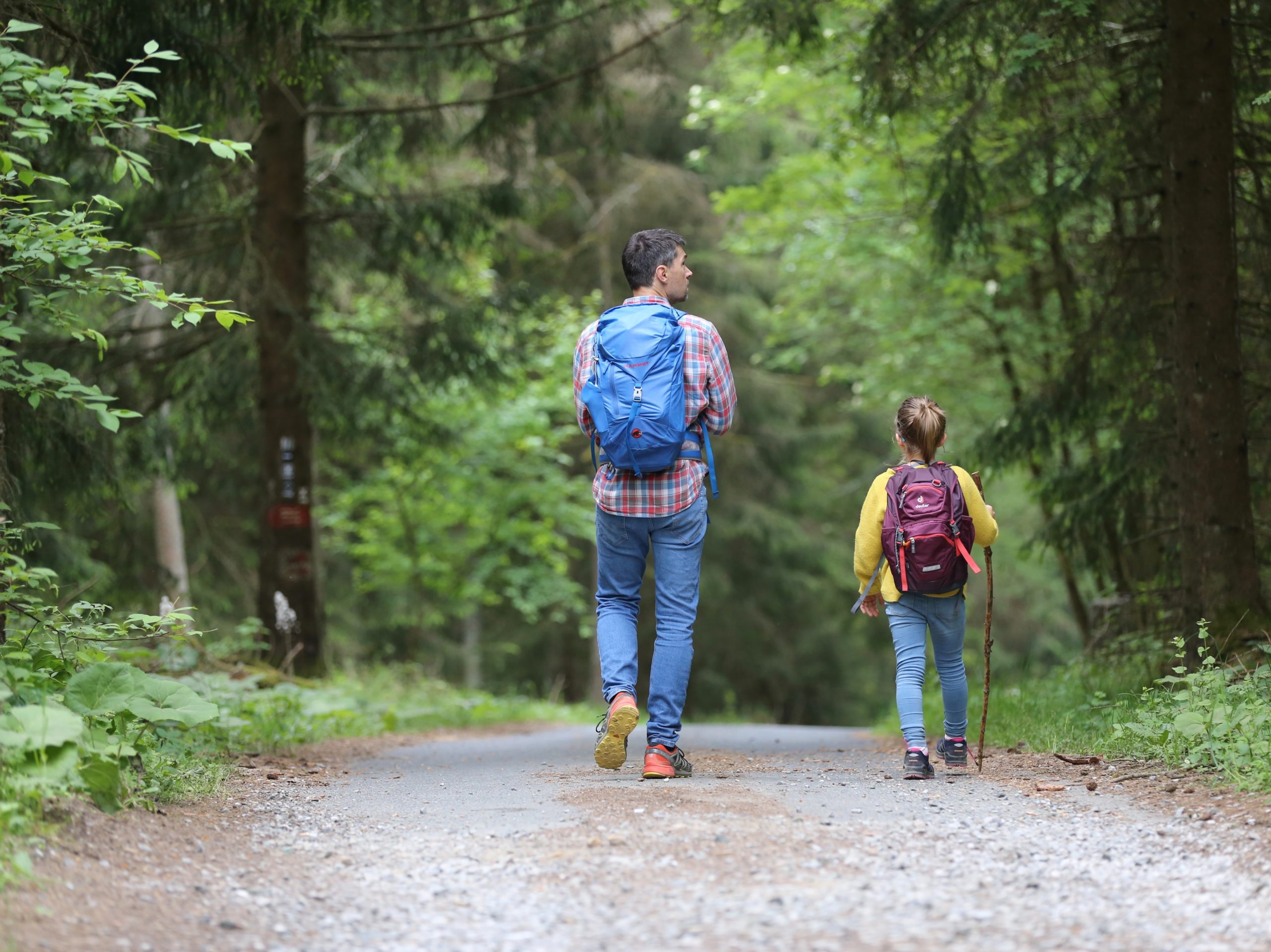In early March (what I have come to refer to as “the before times”), none of us could have imagined that we would be heading into a new school year with social distancing, mask wearing, and limits on travel and other activities still necessary and still in place. As time goes on, it may become even harder to picture going back to “normal.” Rather than think about going back, however, it may be more helpful for us to look to this experience and find opportunities to re-set our priorities and re-focus on what is truly important. In other words – what can we and our children learn and carry forward into a new normal?
- Our personal choices have profound effects on others, and we are stronger when we cooperate. The science of this pandemic has demonstrated that communities that have followed guidelines of sheltering in place, mask wearing, and physical distancing have fared better in controlling contagion, saving lives, and allowing safer resumption of some activities. This may go against individual desires, and making personal sacrifices for the long-term good of others as well as ourselves is extremely difficult for adults and children alike. If we can see the benefits, however, this may better prepare our children to become leaders in tackling other big challenges.
- Gratitude matters. During the pandemic, we have all become more aware of those identified as “essential workers,” including grocery workers, postal and delivery people, medical professionals, teachers, and others who have not typically been in the spotlight. Public expressions of appreciation to these people has not only been important to those on the receiving end, but it is incredibly valuable to model for our children a sense of seeing and recognizing the crucial contribution others make.
- Connections with others are crucial. Almost universally, perhaps the hardest thing about living with the restrictions of this pandemic has been the feeling of isolation from family, friends, and social networks. Children and teens may find it particularly difficult to be without their friends and activities. And while some have adapted to socializing using technology, the extent to which this fills our need varies widely. I have heard many children and teens say they haven’t really been talking with friends because they are used to talking with them in the context of school, sports, or other in-person activities, and they may not have the confidence or the skills to arrange other kinds of contact. Learning to socialize over video conferencing has, for some, helped to re-establish regular connection with people who live far away, and it is my hope that these continue after regular activities can resume. Even so, it seems that we all have developed a deeper appreciation for the necessity of spending time with other people, and perhaps establishing and maintaining interpersonal connection will take higher priority.
- Reducing stress, and attending to emotional needs, is good for everyone. The stress of living in these times is enormous, and has been widely discussed. Threats to our physical and economic well-being are real, and necessary restrictions have kept us away from many of the experiences and activities we may typically rely on to cope. For some families, however, this has provided an opportunity to be more attentive to one another and work together to manage. Spending more time at home has enabled families to share more conversations and activities. Game nights, movie nights, cooking, gardening, drawing, reading, walking – all of these have the potential to improve mental health both during and after this time.
Looking at potential areas of positive change and growth does not in any way minimize the difficulty of living through the current pandemic. But maybe – hopefully? – we can emerge with greater attention to our common humanity, to help in the future that awaits all of us.
Marcia Mofson, Ph.D.
Licensed Clinical Psychologist

